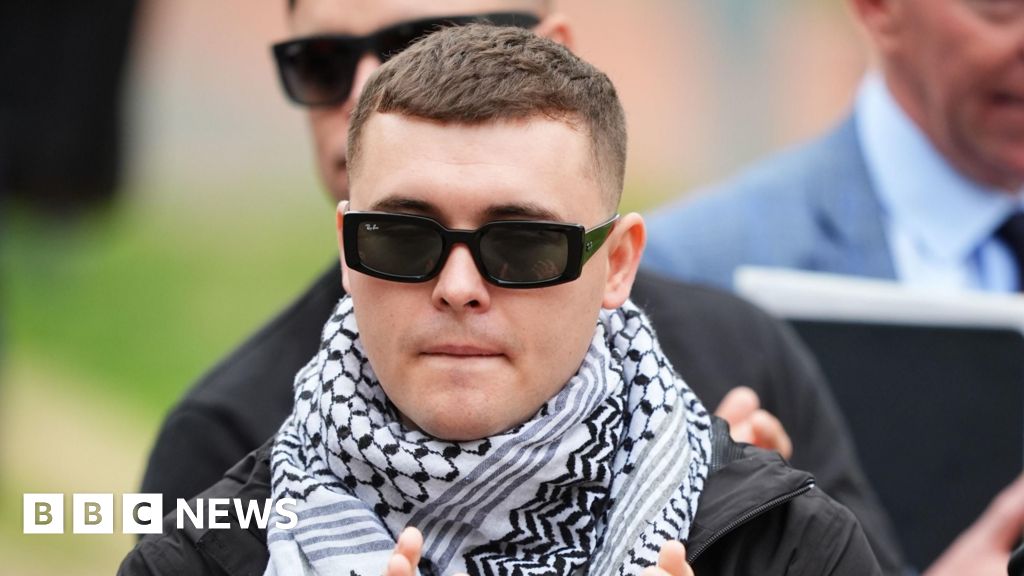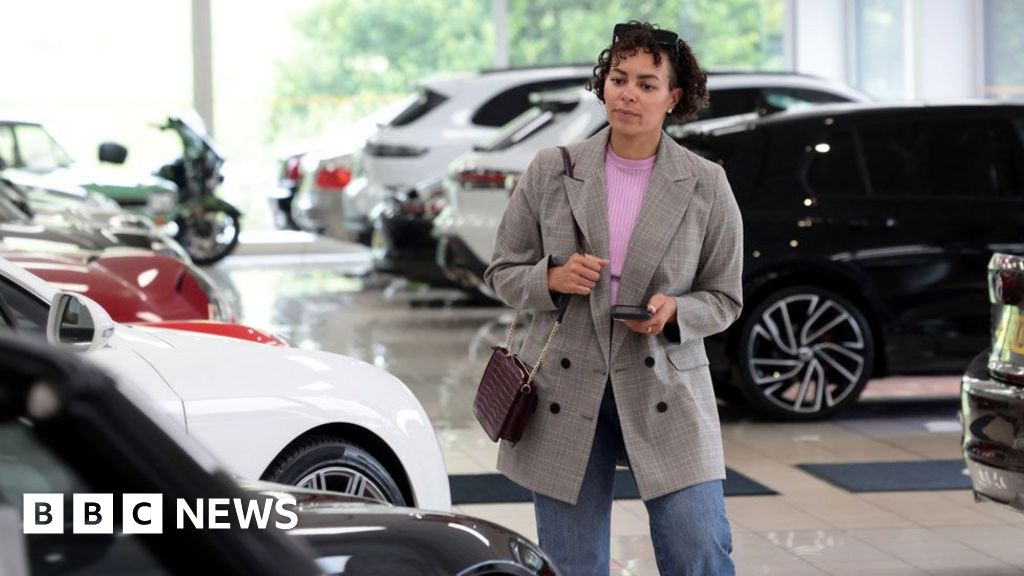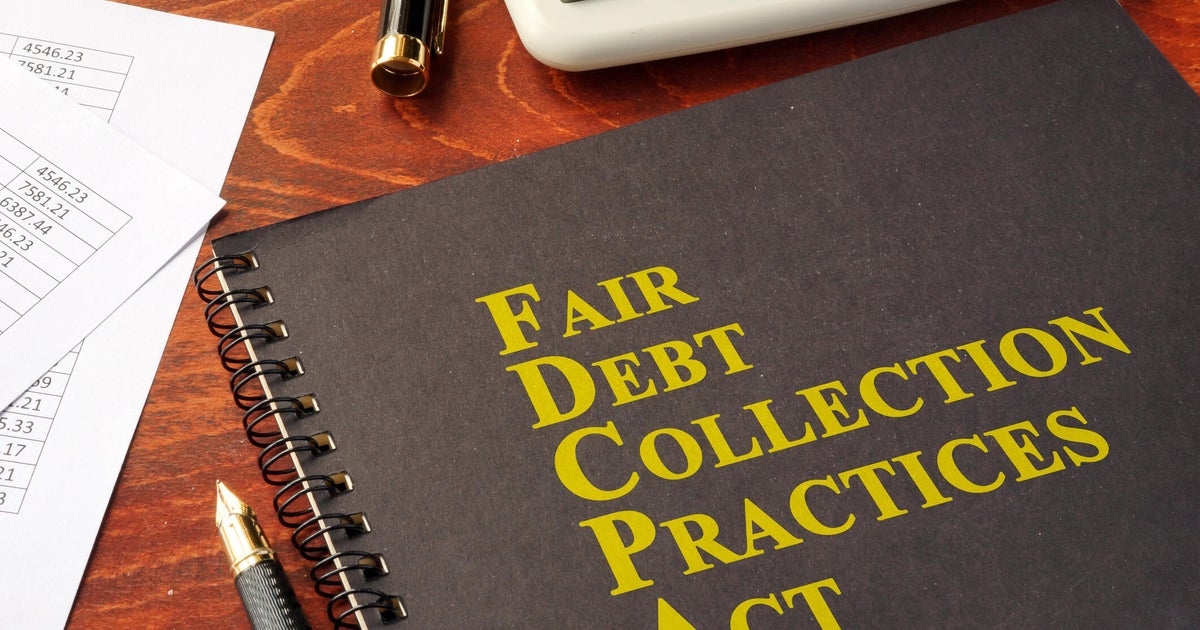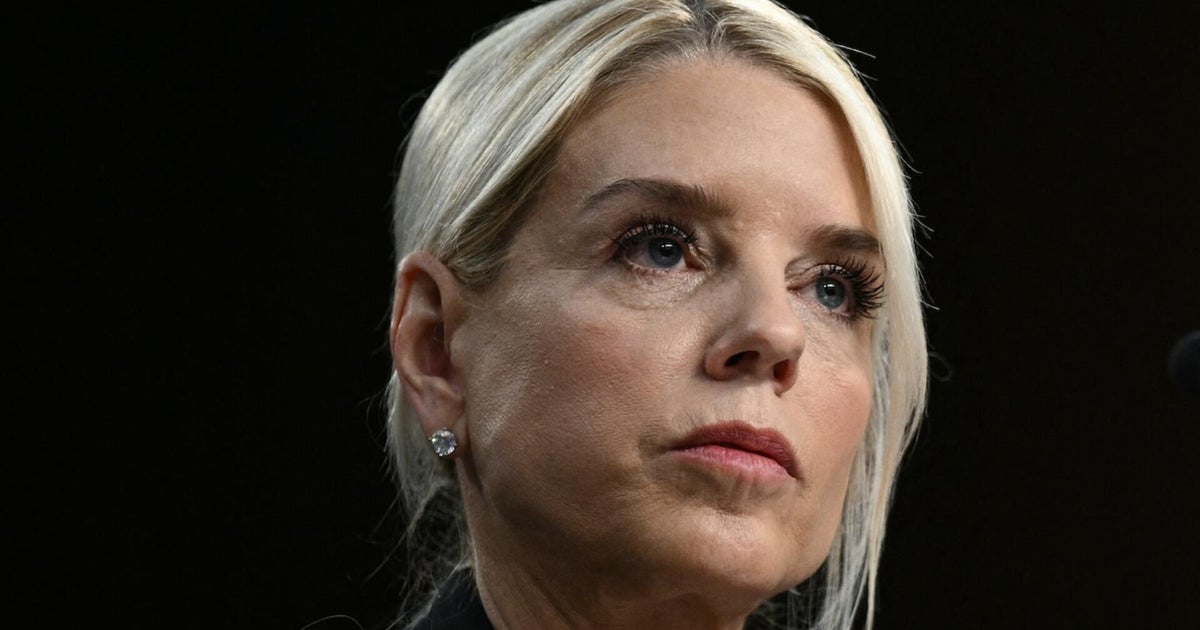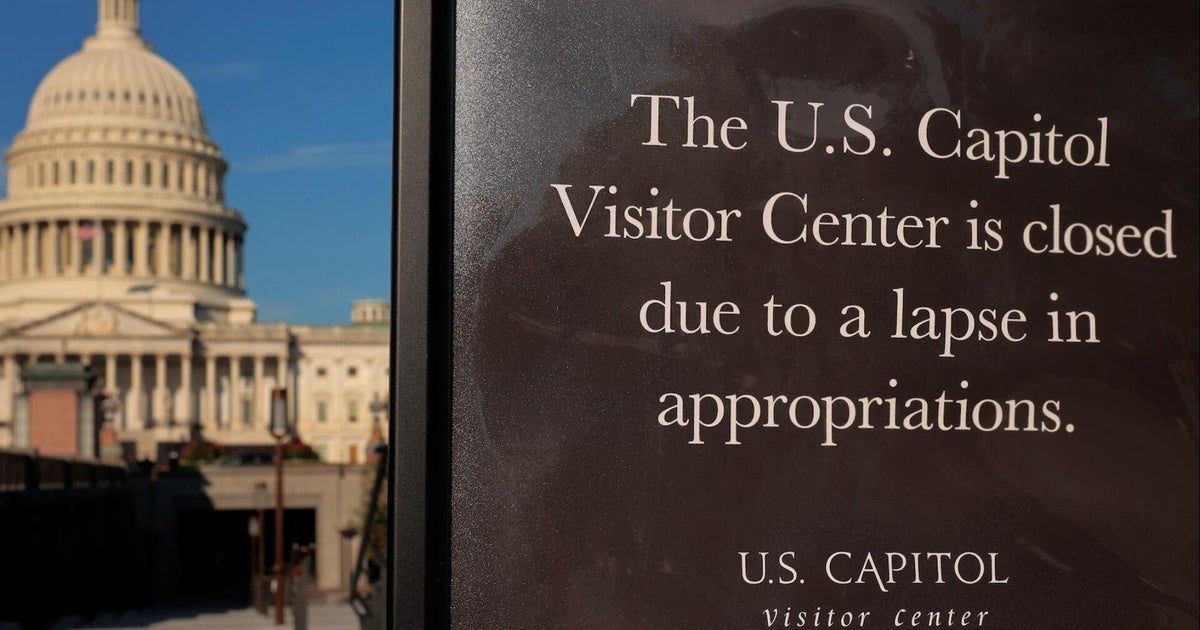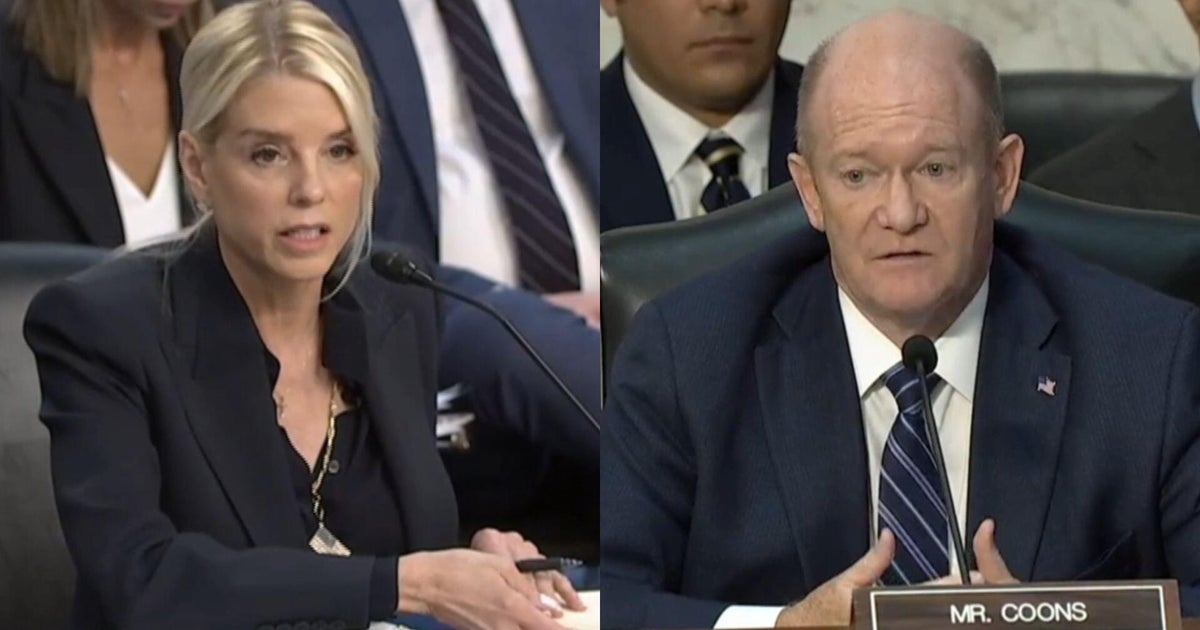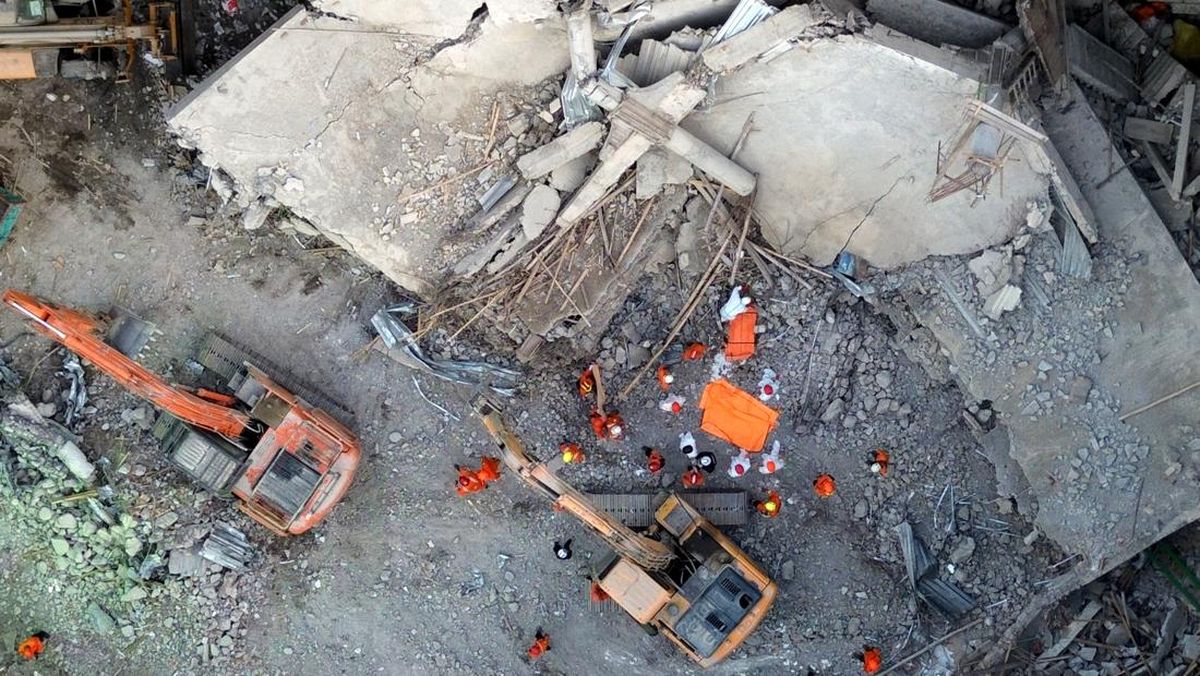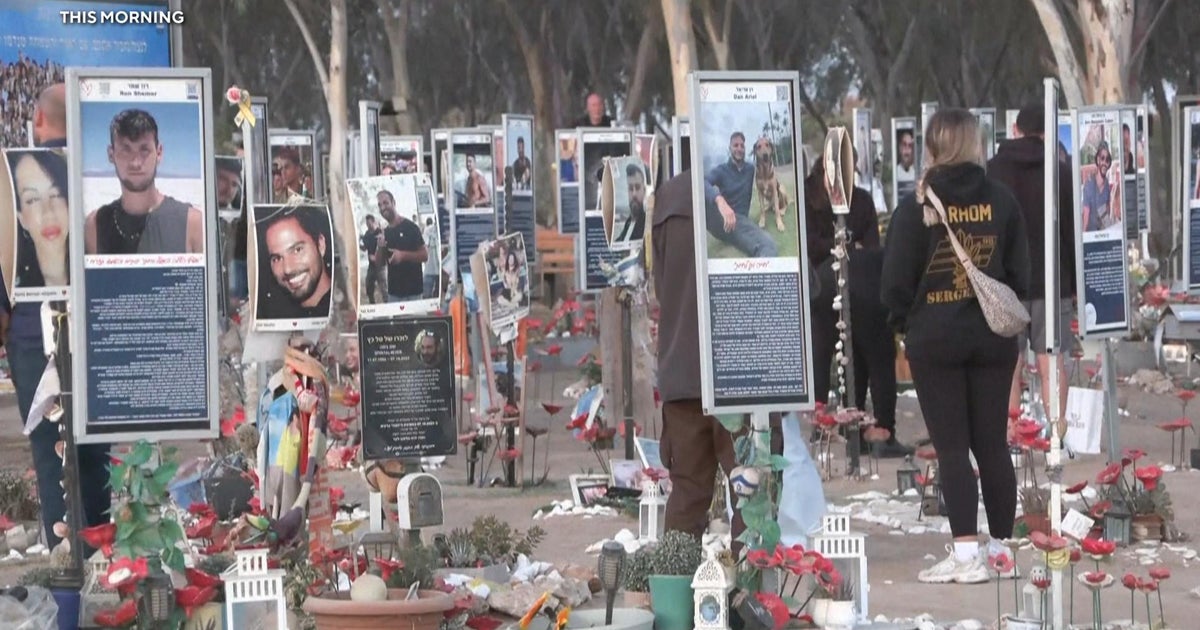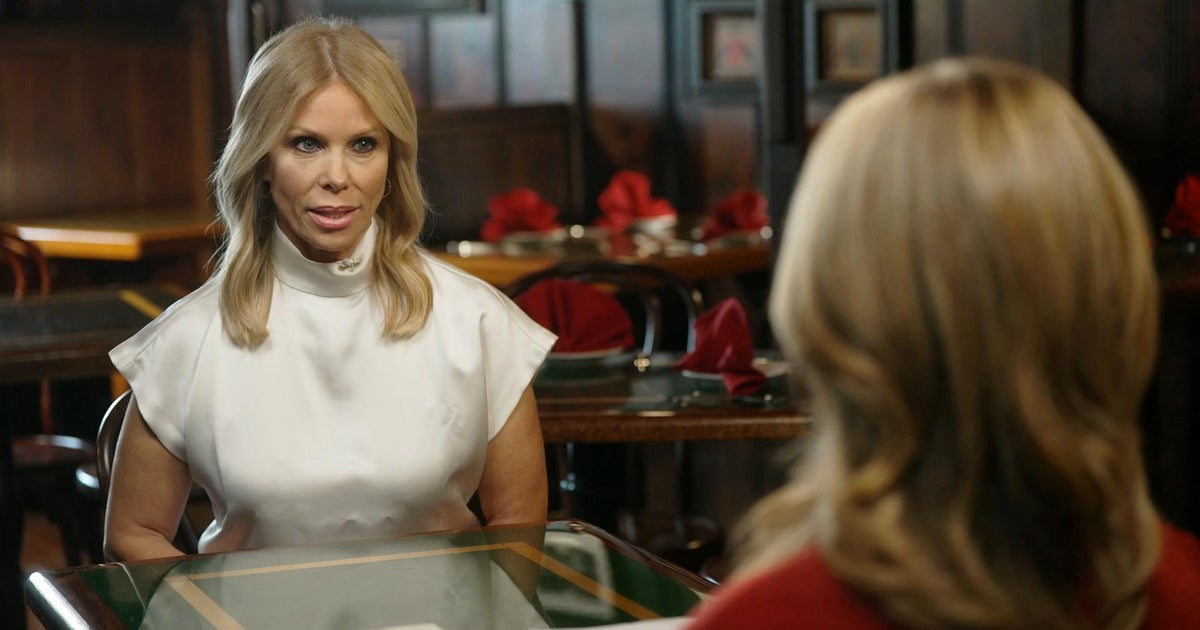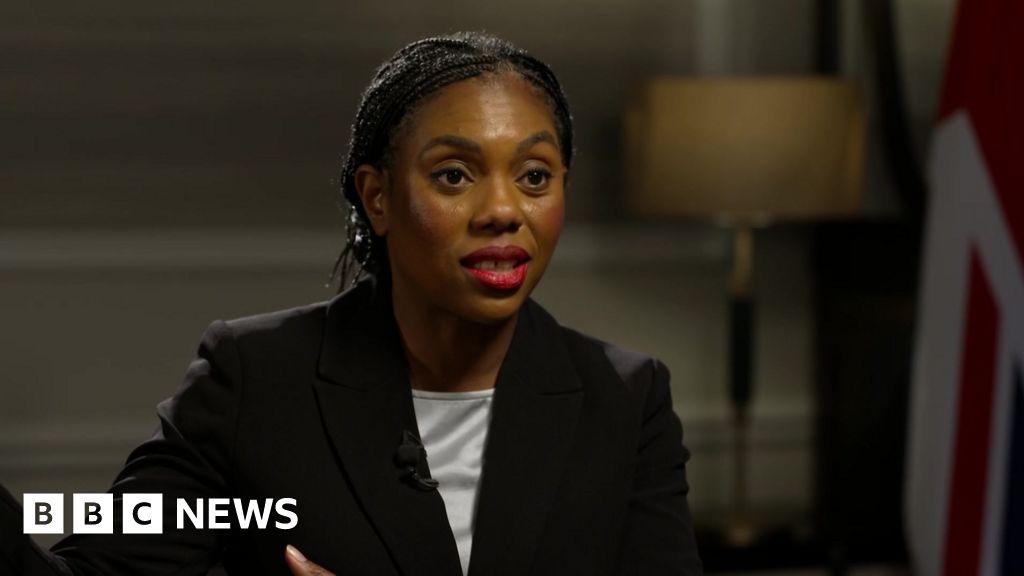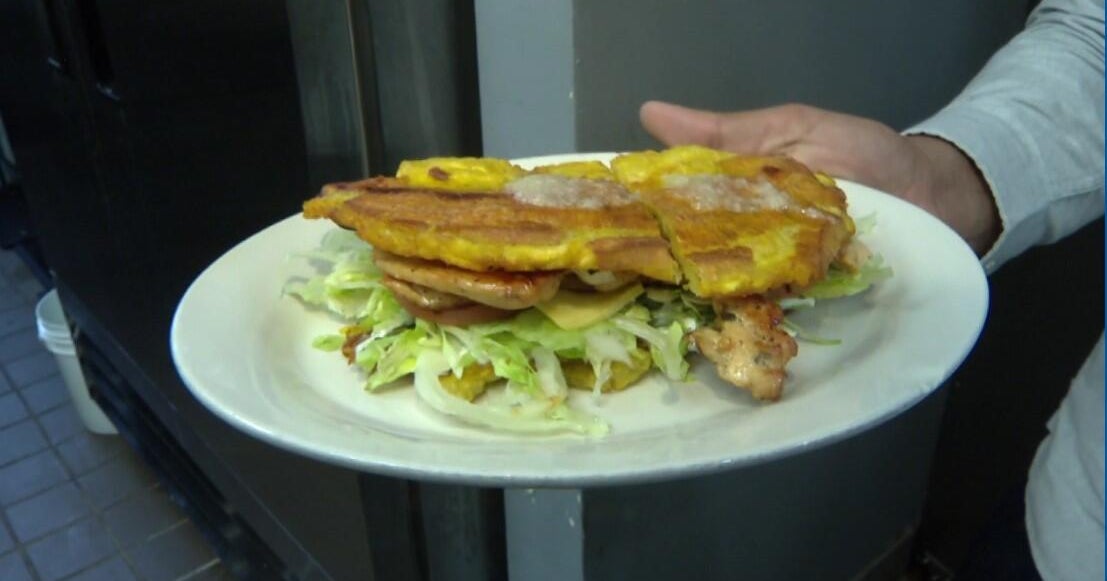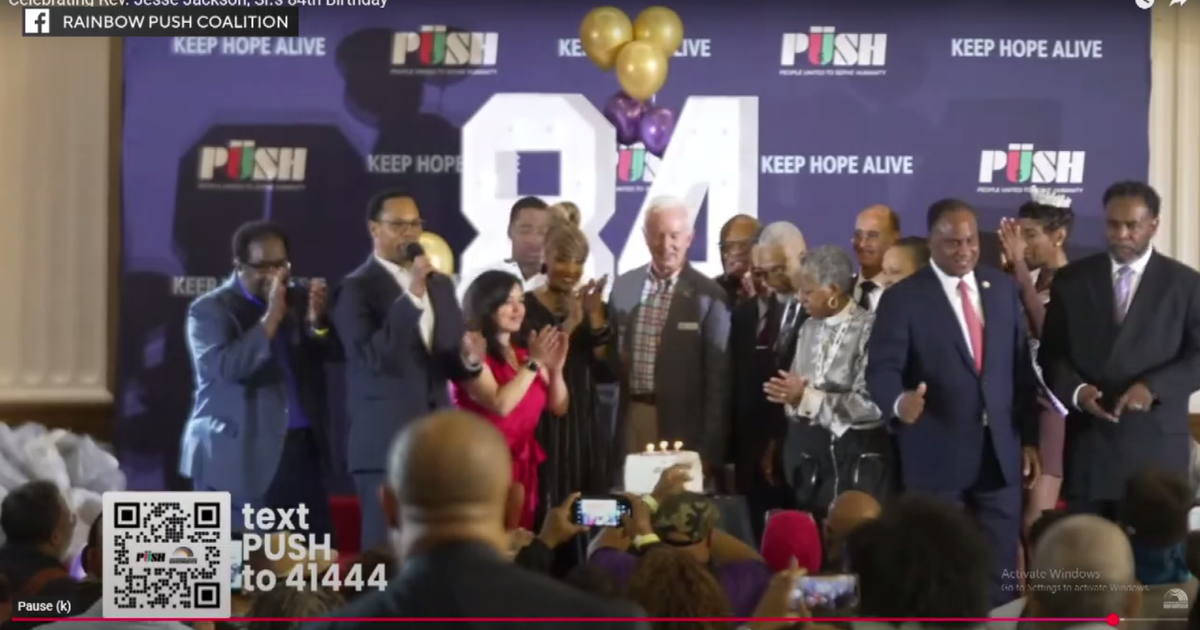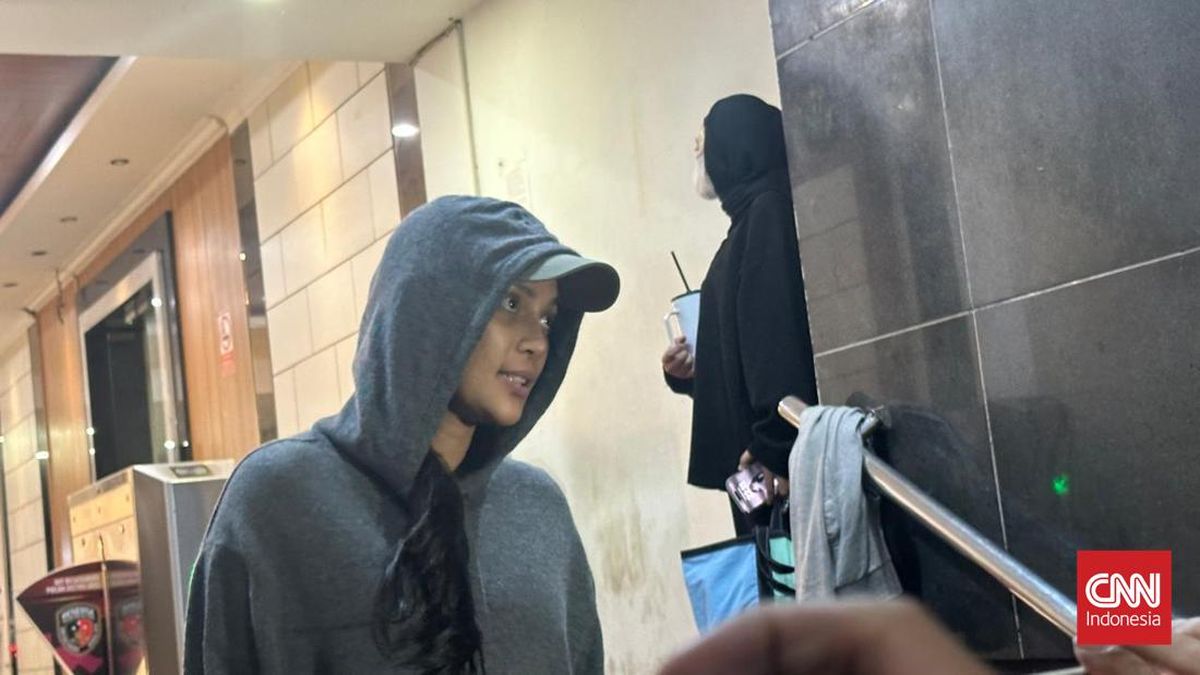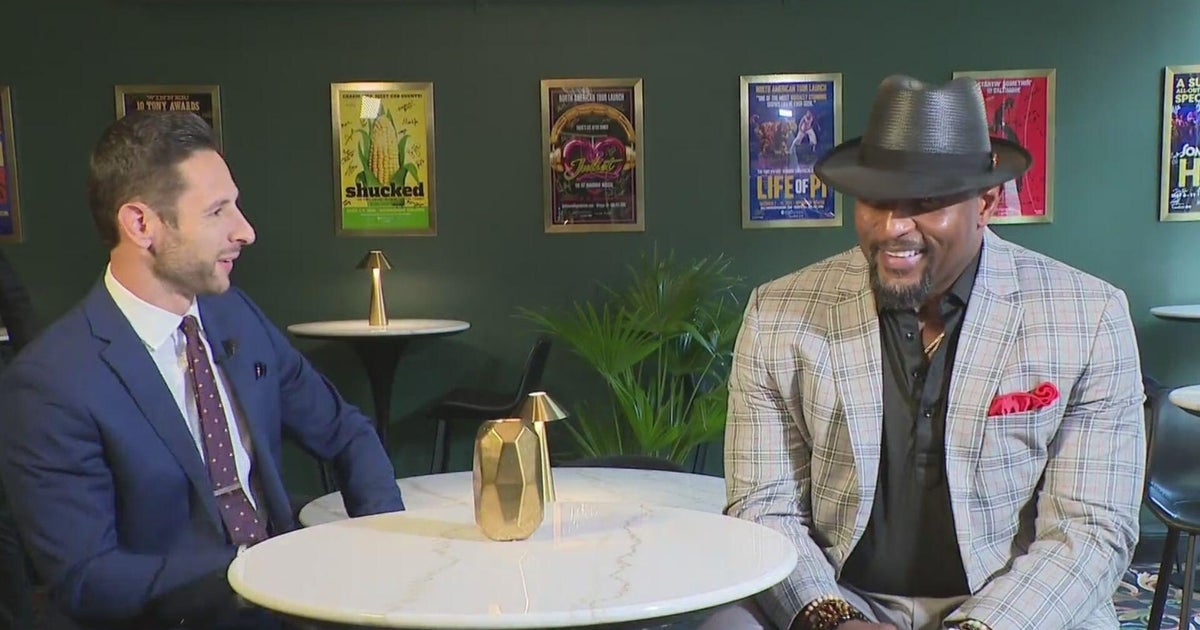Kirk Docker isn’t kidding when he says “I’m learning a lot about memory.”
The co-creator of the ABC documentary series I Was Actually There, in which participants in significant historic events are interviewed about their experience, Docker has spent the past few years coming to grips with how we might remember moments that were genuinely life-changing. Whether it’s the Cronulla riots in 2005, the September 11 terrorist attack in 2001 or the dismissal of Prime Minister Gough Whitlam in 1975 – all topics of this forthcoming second season – Docker serves as a conduit, helping interview subjects depict the unforgettable.
“People want to be heard. They want to tell their story,” Docker says, “I’m interested in the idea that you and I can stand in the same spot and look at the same moment, but experience a completely different impact. History is very personal; it can’t be summarised on the internet.”

Kirk Docker, co-creator of I Was Actually There and You Can’t Ask That.Credit: ABC
Debuting last July, the first season of I Was Actually There felt like a natural successor to Docker’s previous ABC success, the experiential documentary series You Can’t Ask That. The fulcrum of both shows – which were created by Docker, Jon Casimir and Aaron Smith – is Docker’s studio interviews. Those who sit for them end up providing candid thoughts or recount remarkable experiences. In an era dominated by “reality” television, Docker delivers the revelatory.
“My work is all about getting people out of the practiced message they have in their head and speaking honestly,” Docker says. “The word authenticity is done to death now, but that’s what I’m always searching for: an authentic response from someone. When people tell the truth, other people will sit up and take notice.”
In practical terms, I Was Actually There is very different to You Can’t Ask That. The latter, which ran for seven seasons, began with a list of marginalised, misunderstood or hidden groups: wheelchair users, former cult members, people who had killed someone. Each grouping provided multiple possible interview subjects. The new show has a more specific focus, hence sometimes a smaller pool of relevant people. Some mooted episodes are reliant on a single key participant’s involvement, and the producers can’t always get them.
Loading
“There’s no second Stuart Diver,” says Docker, referring to the sole survivor of the 1997 Thredbo landslide.
Putting together a six-episode season of I Was Actually There is a fluid process. Docker and his producers might be pursuing 10 topics simultaneously, as the back and forth with potential subjects can stretch over several years. Docker won’t name them, but there are several stories he’s been trying to get since the show was commissioned. Some people are wary of sharing their story, others have never been asked. Introductory phone calls with the show’s producers can last for hours and end with everyone in tears.

Isabella Laudasio speaks about the Black Saturday bushfires.Credit: ABC
“People are thinking about this stuff every single day, but they don’t have a person to talk to about it.” Docker says. “So we care, we listen, we’re very sincere with our questions. We won’t put anyone on TV if it’s not right for them. And if we’re not sure, we have a therapist to put in front of them to make sure they’re okay to tell their story.”
Docker and his collaborators have found a sweet spot where detail, honesty and intimacy can lead to gripping television and commercial success. The formats for both You Can Ask That and now I Was Actually There have been sold to multiple international markets. And it all stems from the simplest of beginnings: “I was a curious kid,” Docker says.

Muheeb, discussing the 2005 Cronulla riots.Credit: ABC
Docker’s father was a Contiki tour guide and his mother was a travel agent. Both parents were “inquisitive”, drawn to interesting people and would happily talk to anyone without prior judgment. Docker, born and raised in Melbourne, got his first part-time job at 12, a community radio show at 14 and studied media at university while working at the Reach Foundation, where he helped facilitate developmental workshops for young people.
“I was always interested in the power of storytelling, especially in terms of putting an idea in front of someone that potentially shifted their perspective,” Docker says. “I was endlessly a fish out of water, in situations where I had to work out how to fit in and build relationships.”
Loading
In 2007, Docker and two friends took the then unusual step of launching a website where they put up five-minute documentaries weekly. This was Docker’s mid-20s edgy phase – “We found a guy who believed he was the reincarnation of Jesus,” he remembers – but nonetheless it gave him a body of work that in 2009 took him to Sydney to work on Hungry Beast, Andrew Denton’s eclectic current affairs show staffed by almost two dozen newcomers to network television.
By the time You Can’t Ask That debuted in 2016, Docker estimates that he’d already done several thousand interviews, and with I Was Actually There, he’s fine-tuning the experience. To maintain freshness, Docker doesn’t meet the show’s subject until the day of the interview, where he’ll say hello and briefly explain the mechanics of the session before they begin. There are no breaks, and a half-hour episode is culled from approximately 15 hours of interviews with the various participants. Everyone chosen for interview is included in the final edit. Sometimes Docker will do three interviews in a day, each for a different episode.

Niki Savva discusses Gough Whitlam’s dismissal on I Was Actually ThereCredit: ABC
Often Docker’s first question is “not what happened that day?”, but simply “who were you then?” There’s no rush. One interview for the new season, with Gold Coast nightclub singer Fairlie Arrow, who infamously faked her own kidnapping in 1991, ran for over four hours.
“Sometimes people have told these stories often, so they might fast-forward to certain bits. I’ll let them do that and then backtrack to unpack the emotions and feelings,” Docker says. “We want to know what you saw and how it impacted you then, how does it continue to impact you over time and how do you reflect on that moment now.”
The new season of I Was Actually There premieres at 8pm October 7 on ABC and ABC iview.
Find out the next TV, streaming series and movies to add to your must-sees. Get The Watchlist delivered every Thursday.

